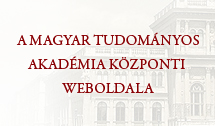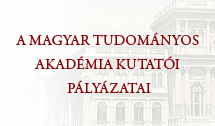The Institute of Philosophy of the Research Center for the Humanities of the Hungarian Academy of Sciences kindly invites you to the upcoming talk of its seminar series:
Carlos Eduardo Jordão Machado (Univ. Sao Paolo):
Der Aufbau von Siegfried Cracauers "Die Angestellten"
Date and Venue of the lecture: 21st January 2014, 2.00 pm, Institute of Philosophy, Research Centre for the Humanities, Hungarian Academy of Sciences, 30. Országház Street, 2. floor, "Pepita" room.
Der Vortrag stellt eine Zusammenstellung von zwölf Essays dar, die in der Frankfurter Zeitung erschienen waren und danach sofort (1930) auch in Buchform herauskamen. In Berlin konnte Kracauer in die Welt der Angestellten eintauchen und sich dabei der unterschiedlichsten Quellen – von der soziologischen Literatur zum Thema bis hin zu Gewerkschafts- und Parteizeitungen – bedienen. Seine Analyse der Angestellten, sein Verständnis dieses neuen Typs Lohnarbeiter, d.h., dieser „neuen Mittelschicht“, sein Sein und sein (falsches) Bewusstsein ist Teil der Basis seiner eigenen Interpretation des Nazifaschismus, die Kracauer ab dem Beginn seines Paris-Exils (1933) entwickelt. Das Buch ist ein unerreichtes Beispiel dessen, was Benjamin die „Politisierung der Intelligenz“ nannte.


